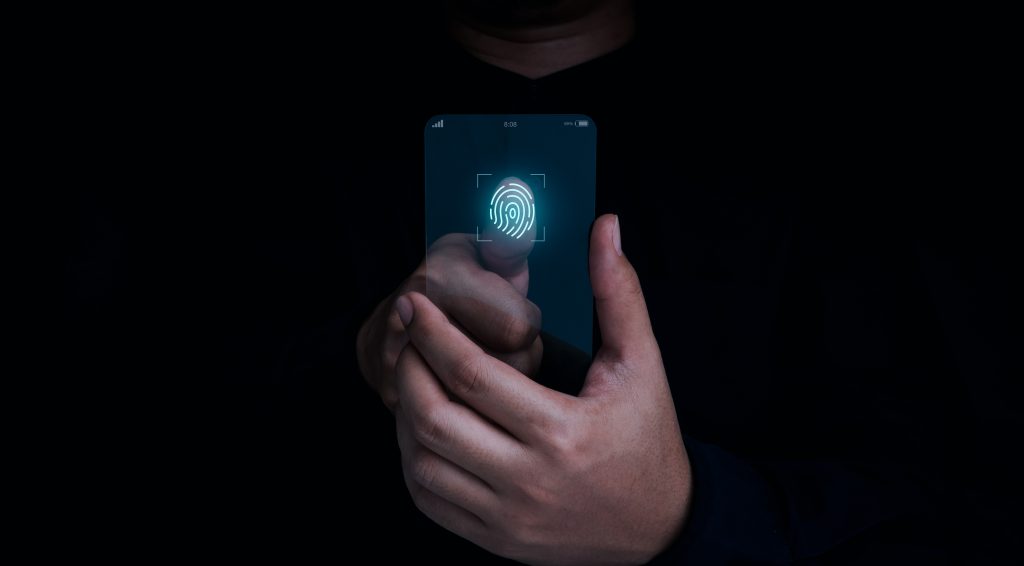Digital ID signups increase in Bhutan but wanes in Barbados and the Philippines
Developing countries experience varied rates in the uptake of digital identities. While Bhutan’s numbers increase by the thousands Barbados faces a political impasse on the issue.

At varying rates, digital IDs are being taken up worldwide. For instance, some 19,000 citizens have signed up for the country’s recently developed blockchain-based digital ID in Bhutan. The Philippines on the other hand, had set a goal of 80 million signups for its Philippine Identification System Cards (PhilSys ID) for 2023. Still, it has only registered 55 million for the ID. The low takeup of digital IDs is a result of numerous causes. The case of Barbados reveals that citizen hesitancy is shaped by privacy concerns, a point of contention that has now turned the issue political in that country.
Signup rates appear to be intricately linked to the issue of privacy. For Bhutan, the foundational ID is only issued with biometric authentication and is slowly being integrated into government services, including finance, education, telecommunications, and tax. Conversely, the Philippines Statistics Authority is heavily criticised for the poor quality of biometric data collected on the IDs.
Apart from the hiccups mentioned above, countries ramp up the processing of digital IDs in 2024.
Why does it matter?
The issuance of digital IDs has been found to correlate with a country achieving several tenets of the SDGs, including equal rights, social protection, and reducing corruption. Developing countries in particular, have reportedly saved billions by allowing citizens to access government services with digital IDs.
